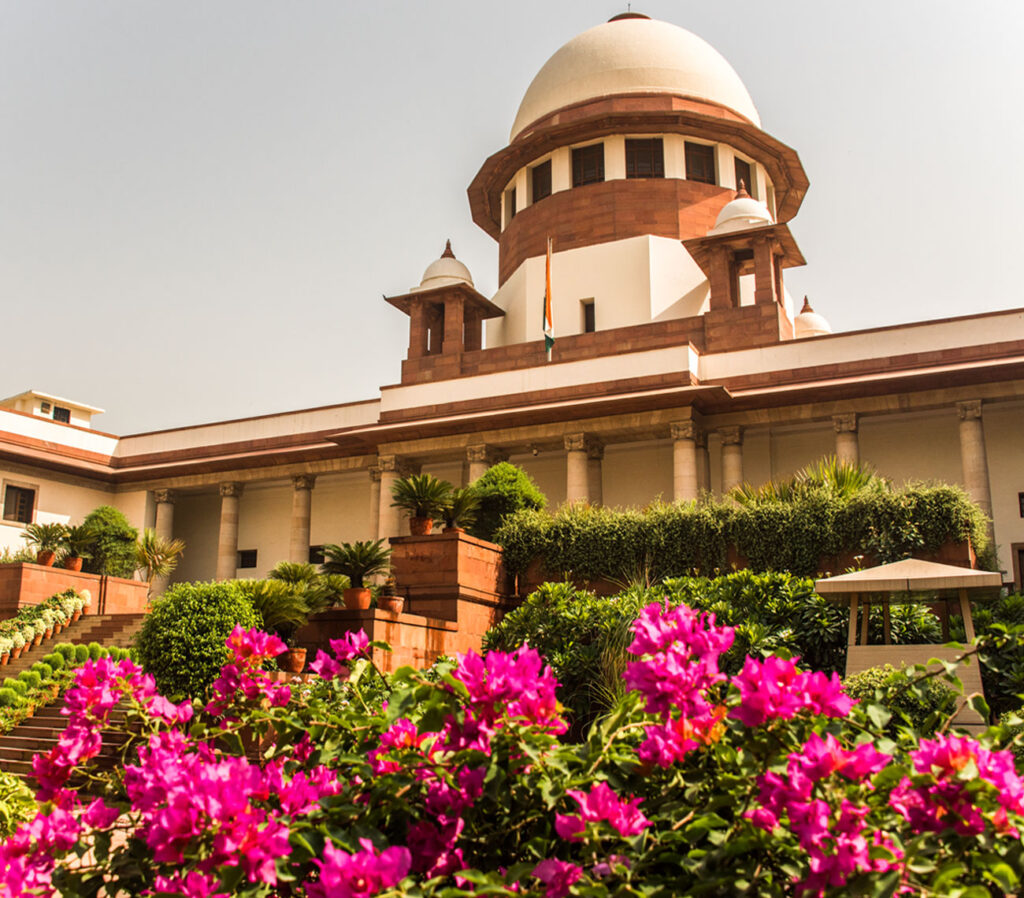New Delhi, Aug 1.
Creamy layers must be excluded from ambit of all reservations for Scheduled Castes and Tribes, the Supreme Court ruled on Thursday. The creamy lawyer concept was so far applicable only to Other Backward Castes (OBCs).
The top court also ruled that the state could provide for sub-quotas for more disadvantaged or unrepresented within an existing quota whether in the SC or ST category.
The court left the executive free to decide the criteria for exclusion from such affirmative action meant for Scheduled Tribes and Castes. These could be comparative backwardness or lack of representation in public employment.
A five-judge bench of the court led by Justice D.Y. Chandrachud left this to the discretion of state governments.
At least one judge on the bench, Justice Pankaj Mithal, hinted that caste could be left out of the equation while judging backwardness and instead parameters such as place of living, economic status, vocation etc should be used to uplift the weaker sections among them.
Except Justice Bela Trivedi who said that the contours of any reservation policy should be left to the executive and the court should not create a wholly new edifice through Article 142 (its extraordinary powers to do justice), all the other judges sought an end to any reservation for the privileged class among SCs and STs.
Justice B.R. Gavai quoted statistics from at least two states, Andhra and Punjab, to argue that the more educated, affluent classes among the SCs and STs had virtually monopolised the benefits of such affirmative action to the exclusion of the vast majority.
He called upon the state to evolve a policy to exclude such creamy layers from SC, ST reservations. Justice Pankaj Mithal suggested that such reservations should not be given to the second generation of SCs, STs if they had availed of the benefits in the first generation.
CJI D.Y. Chandrachud and Justice Manoj Mishra pointed out that the SCs and STs were not a homogeneous group but rather very disparate, homogeneous groups which demand that the state treat each of the sub-categories differently.
Any sub-classification though cannot be made to the entire exclusion of other groups and would have to backed by quantifiable and demonstrable data.
The court’s ruling came on rulings from the Punjab and Haryana High Court striking down laws in Punjab and Haryana setting aside a certain percentage of existing SC and OBC quotas for certain specific castes. The top court has upheld these laws.

